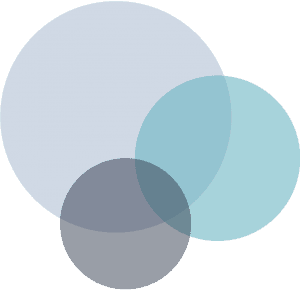Regulation
LUMEN - Université de Lille
Regulation has a variety of meanings that are not reducible to one single concept. In the field of public policy, regulation refers to the promulgation of targeted rules, typically accompanied by some authoritative mechanism for monitoring and enforcing compliance. In political economy, it refers to the attempt of the state to steer the economy, either narrowly defined as the imposition of economic controls on the behavior of private business or, more broadly, to include other governmental instruments, such as taxation or disclosure requirements. The idea of regulation as intervention in the private domain is quite old. Already in the mid-nineteenth century, John Stuart Mill (1848) used the word “regulation” to describe “governmental intervention in the affairs of society” and laws that implement such intervention. A third definition moves beyond an interest in the state and focuses on all means of social control, either intentional or unintentional, which includes mechanisms such as voluntary agreements or norms. Thus, different strands of regulation studies share an agreement about regulation (the state), the object (the behavior of nongovernmental actors), the instruments (an authoritative set of rules), or the domain of application (the economy), but they do not necessarily agree on all these elements.
The theoretical debates around the concept of regulation reflect different disciplines and research agendas and can be broadly divided into approaches to regulation as an act of government and perspectives on regulation as governance. Regulation as a government activity is studied under two aspects: the reason for and the process of regulation. The original justification of government intervention in economic interactions was public interest. This perspective considers the market as an efficient allocation mechanism of social and economic welfare but cautions against market failures. Regulation was considered necessary to overcome these difficulties.
Another perspective is to understand how private interests and public officials interact. The central claim of these studies is that policy outcomes are most often contrary to societal or public interest because industry representatives lobby the government for the benefits they might gain through protectionism or other forms of economic controls. Politicians are susceptible to these demands because they are interested in contributions that business actors can offer. Economist George Stigler (1971) popularized this view, arguing that “regulation is acquired by the industry and is designed and operated primarily for its benefit.”
In the context of globalization, regulatory studies have moved away from focusing on independent agencies and governmental control of the economy only. Some interactions of market participants, product standards, or processes are no longer regulated through state intervention, but through international agreements or even self-regulation arrangements between private actors.
Adapted from Bevir, M. (2007).
Bevir, M. (2007). Encyclopedia of governance. Sage. pp813-816
Mill, J. S. (1848). Principles of political economy.
Orbach, B. (2012). What Is Regulation? 30 Yale Journal on Regulation Online 1. Arizona Legal Studies Discussion Paper No. pp12-27.
Stigler, G. J. (2021). The theory of economic regulation. In The Political Economy. Routledge. pp. 67-81.
